Technology
-
Nov- 2018 -12 November

Rise of robots as carers: wielding a double-edged sword
We’ve seen warnings in the pages of science fiction novels on the potential for robots to switch from helping humans…
-
Oct- 2018 -26 October
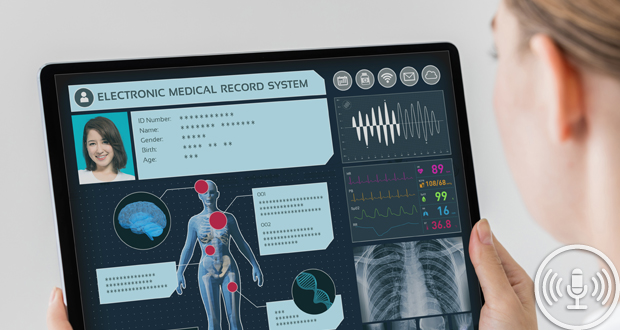
My Health Record: dispelling the privacy myths
Would you benefit from having a My Health Record (MHR)? That’s the question many are faced with due to the…
-
9 October

Beyond data silos: creating collaborative ecosystems
Transforming information into intelligence requires the adoption of interoperability approaches, including a key set of standards. That’s the message from…
-
9 October

Electronic ‘skin’ developed for patient monitoring
A second skin for patients that provides real-time monitoring is on the horizon. Researchers at Monash University have patented a…
-
Sep- 2018 -18 September

New tool could shred nurses’ paperwork
The paperwork nurses have to complete could be dramatically cut, following the trial of a new streamlined patient risk assessment tool.…
-
14 September

The power of nursing informatics in streamlining patient data
At the Australian College of Nursing's recent National Nursing Forum, assistant director of clinical services at Cairns Day Surgery, Sharon…
-
Jul- 2018 -16 July

Consumers hear competing advice on My Health Record opt out
Australians can now opt out of My Health Record. Starting today and for the next three months, the Australian Digital…
-
Apr- 2018 -6 April
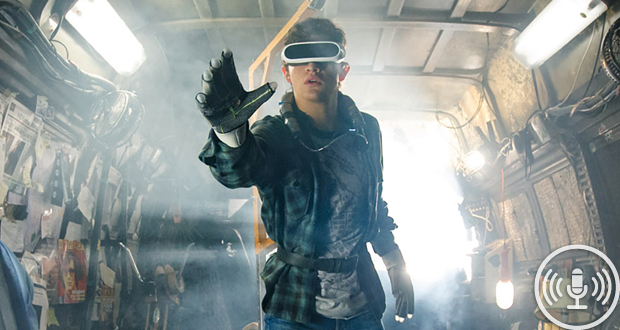
Ready Patient One: nurses keeping kids calm in hospital using virtual reality
It might look like the nurses at the Women’s and Children’s Hospital (WCH) in Adelaide are gearing up for the…
-
Mar- 2018 -29 March

Pathology reports go online
Queensland-based pathology lab InfinityPATH has announced it will upload its pathology reports to the My Health Record system to improve…
-
Jan- 2018 -31 January

Robots to push stroke survivors towards better recovery
Robots will guide the hands of stroke survivors to retrain the brain in a new research project that aims to…
-
Oct- 2017 -31 October

What’s needed to avoid ‘extraordinarily expensive mistakes’ in eHealth
New eHealth initiatives won’t benefit staff or patients if policymakers and hospital administrators focus solely on meeting organisational goals and…
-
31 October

Humans better than robots at surgery
Robots don't always have the upper hand - new studies suggest that humans make better surgeons. As hospitals spend millions…
-
10 October

Found in translation
A new project aims to develop technology that translates conversations between older CALD adults with dementia and carers. The ability…
-
Sep- 2017 -28 September
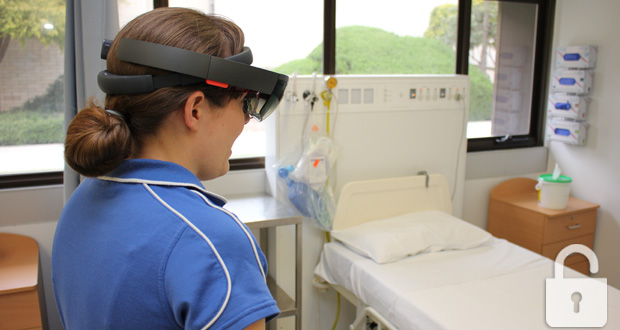
Holographic patients help nurses hone assessment skills
Luke Skywalker did it. will.i.am did it. Now, nursing students from the University of Canberra are exploring the use of…
-
26 September

Beyond the corkboard: better engaging staff key to digital transformation
A new survey, focussed on the way different sectors approach technology, has revealed a mismatch between the views of firstline…
-
12 September
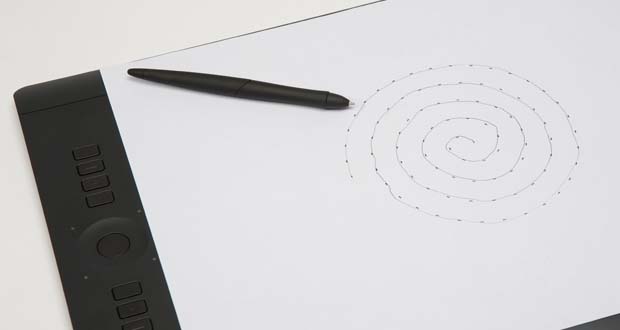
Drawing test detects signs of Parkinson’s
A simple drawing test is being hailed by researchers as the first ever tool to diagnose Parkinson’s disease when there…
-
Aug- 2017 -1 August
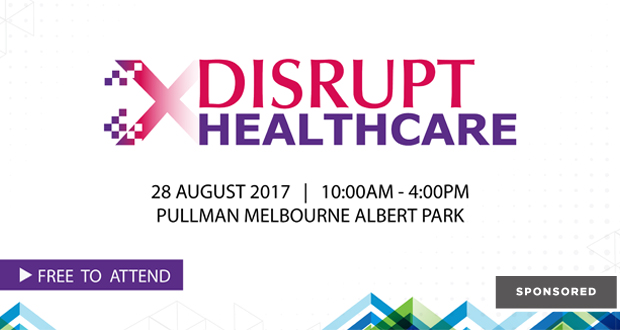
Free-to-attend Disrupt Healthcare onfloor program
The Disrupt Healthcare Stage will explore the disruptive technologies and medical innovations that are set to revolutionise healthcare delivery in…
-
Jul- 2017 -28 July

ED clinicians to take part in My Health Record pilot
The Australian Digital Health Agency has announced an emergency department My Health Record pilot to develop a model that optimises…
-
20 July

2020 vision: 5 technologies rapidly changing healthcare
From smart robotics to ground-breaking treatments, innovative healthcare technologies are evolving at breakneck speed. These innovations are taking hold in…
-
18 July

Are flying maggots part of healthcare’s future?
When a patient in a remote community needs medical supplies from the closest major city, the path of least resistance…
-
13 July
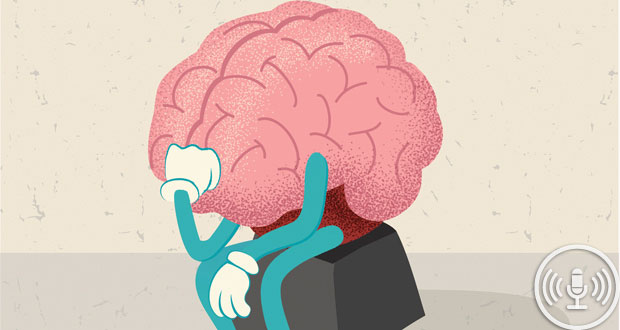
Memory aids make brains lazy: myth or on the money?
Are smartphones making our brains lazy? It’s a common concern about the devices and their handy memory tools but Australian…
-
Jun- 2017 -1 June
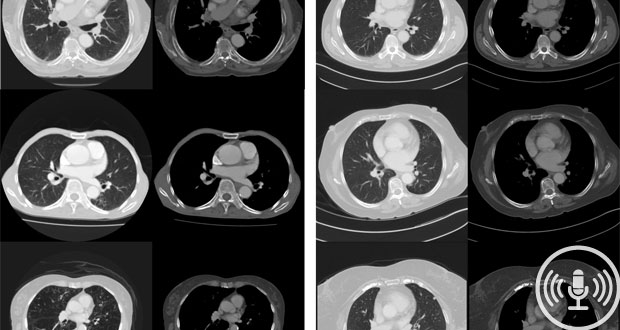
AI that predicts lifespans could one day help to tailor treatments
What if a computer could tell you when you will die? The concept sounds like an elevator pitch for a…
-
May- 2017 -18 May
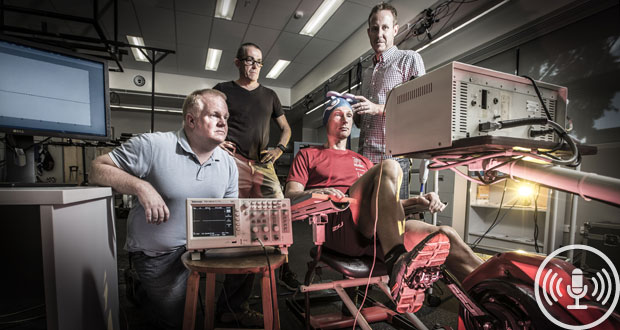
Brain stimulation boosts benefits of exercise: study
Brain stimulation during exercise might look like something straight out of science fiction but the combination could one day be…
-
Apr- 2017 -7 April
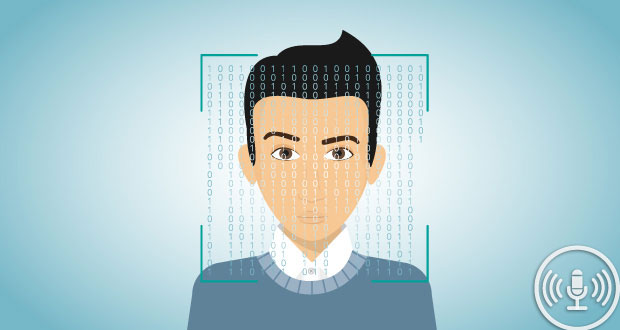
Hospital trials facial-recognition technology to ID patients
Facial recognition technology might be something you would expect to see while watching a blockbuster movie or crime show, but…
-
Mar- 2017 -30 March
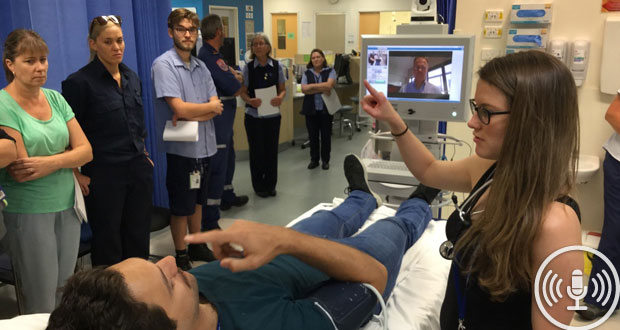
Acute stroke care at a button press: system links clinicians, neurologists
The experts behind a Victorian telemedicine program that delivers acute stroke care to regional Victoria want the intervention to go…
